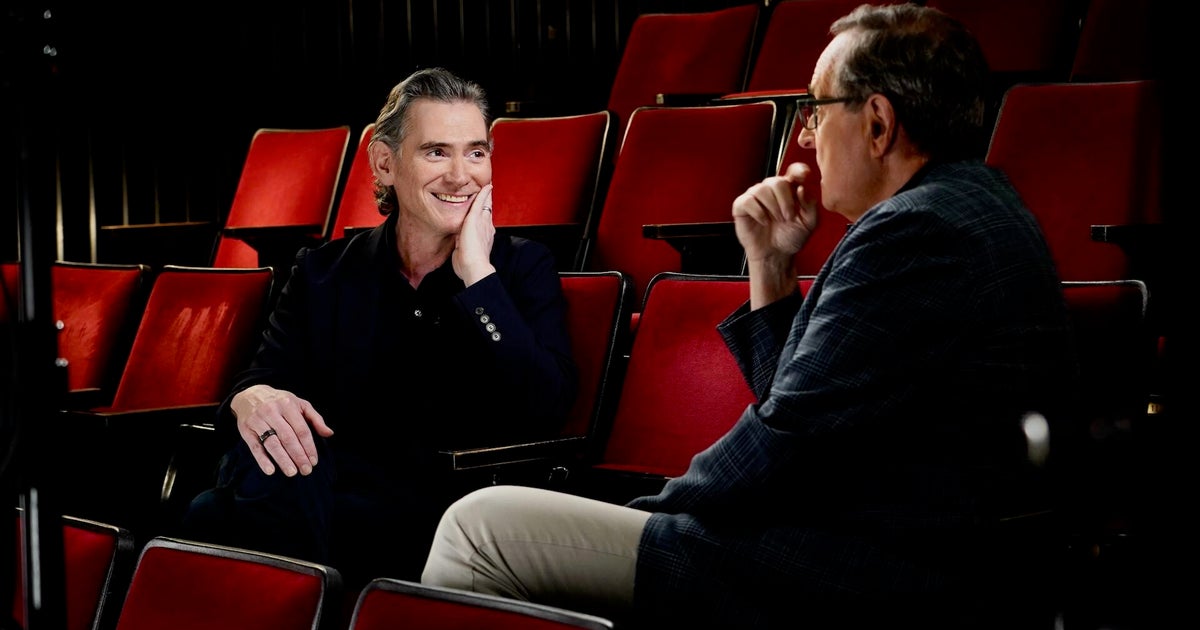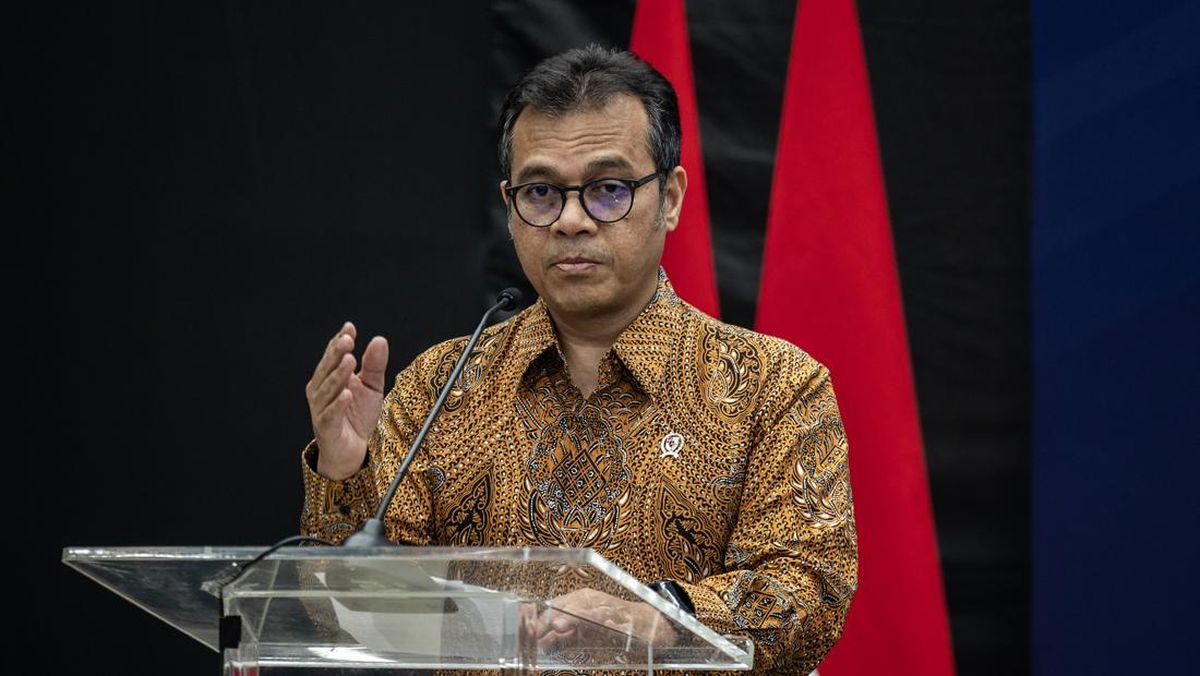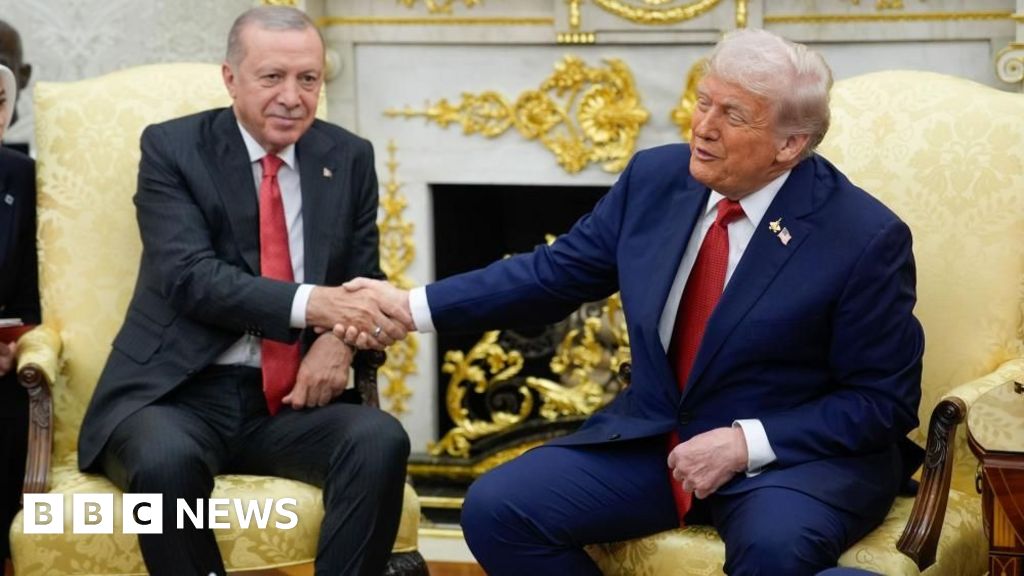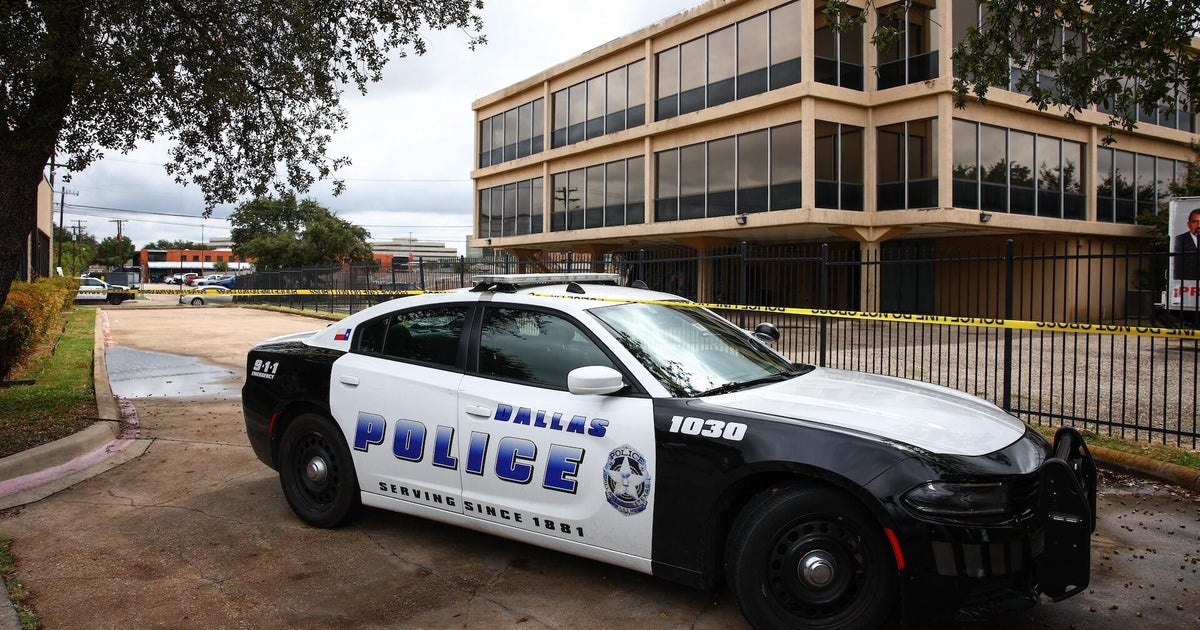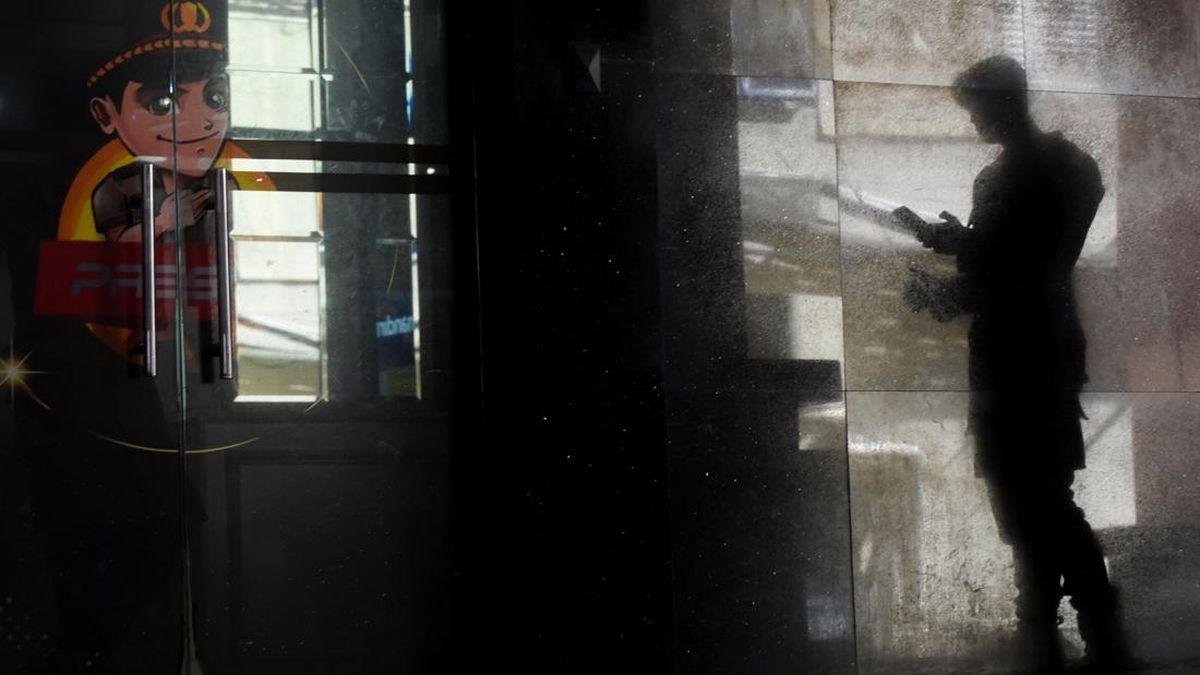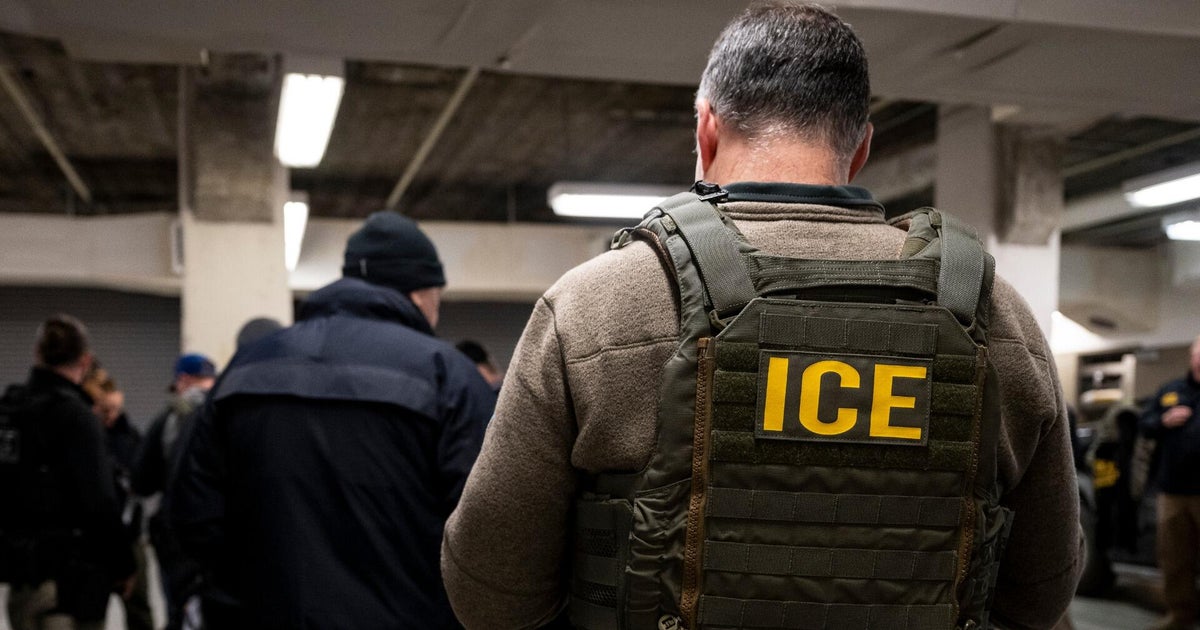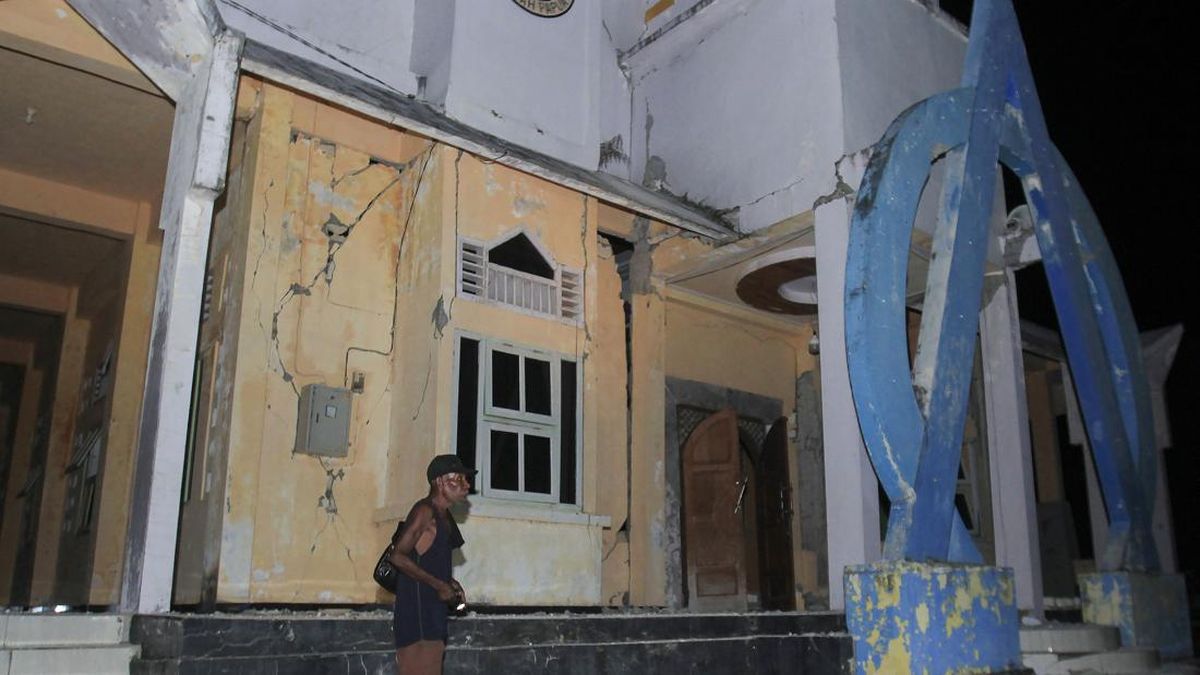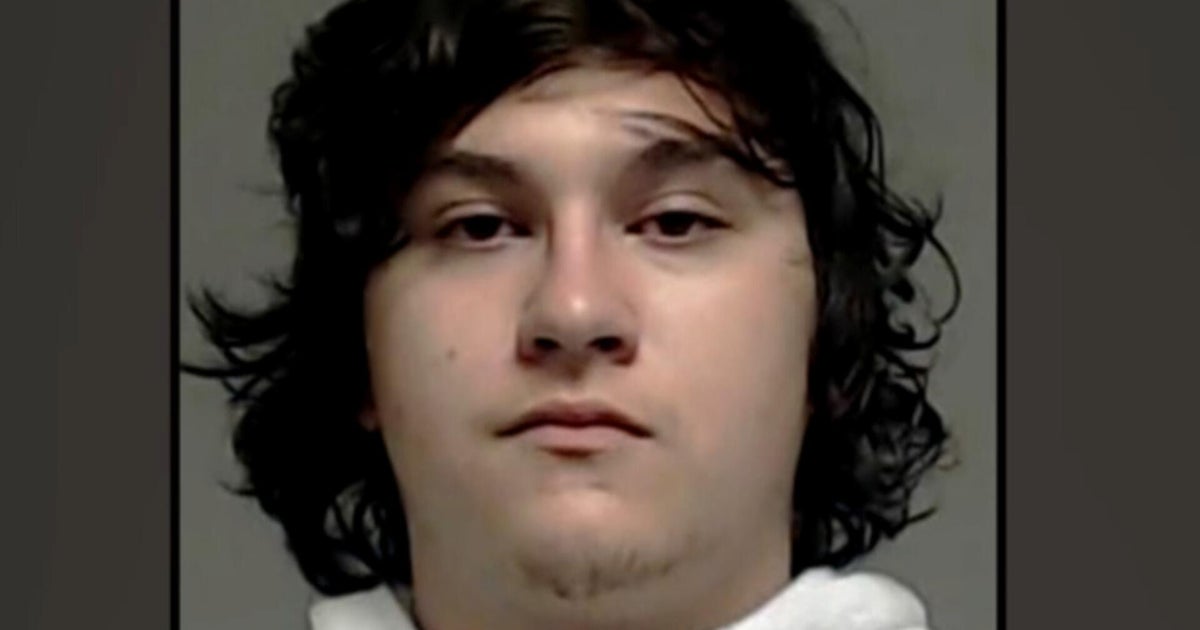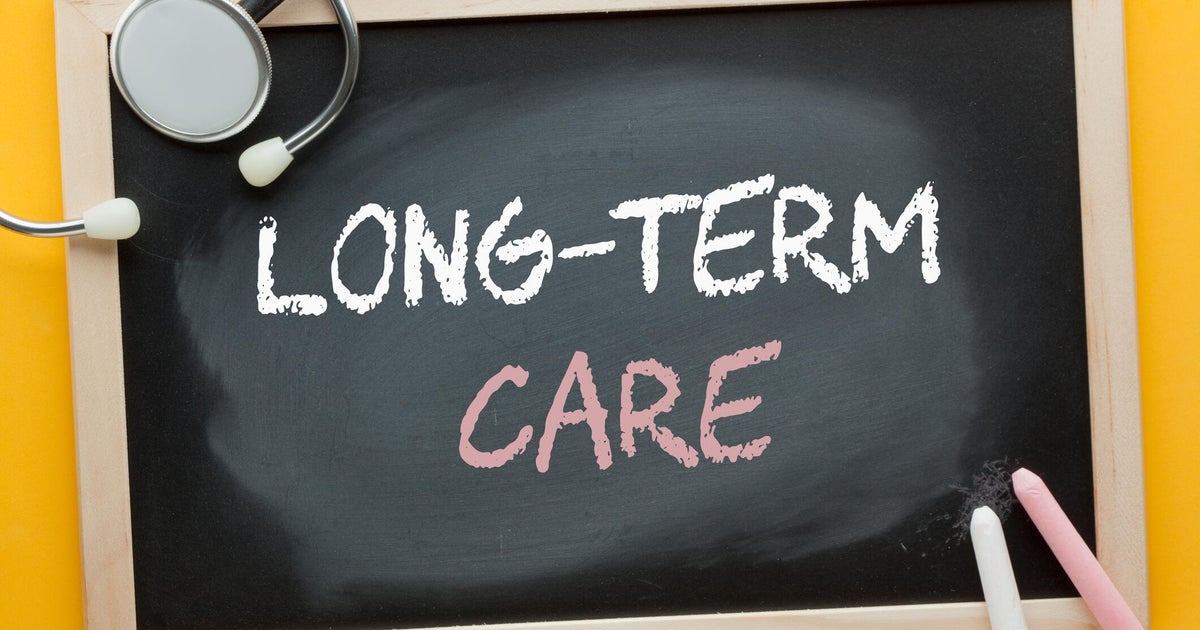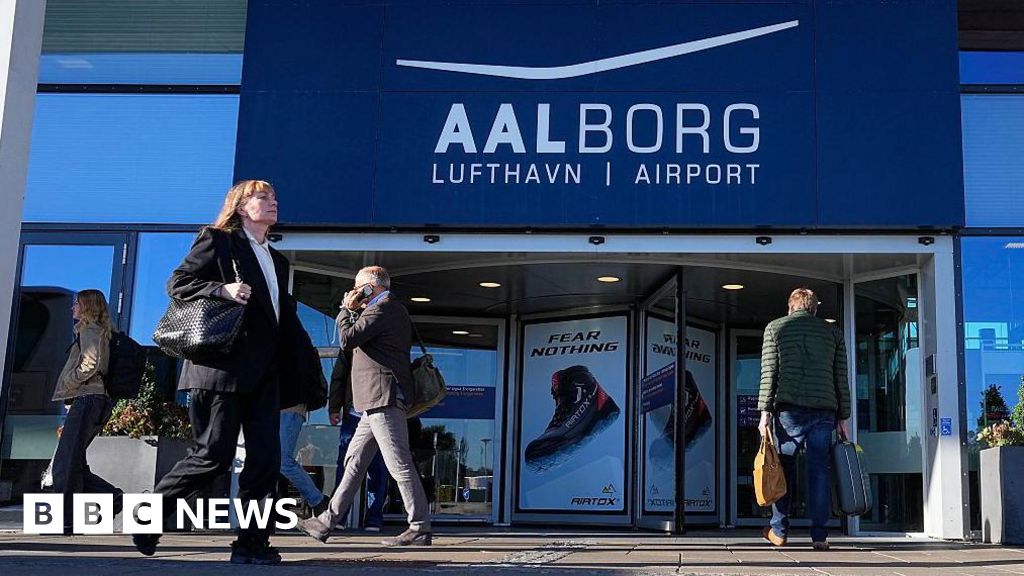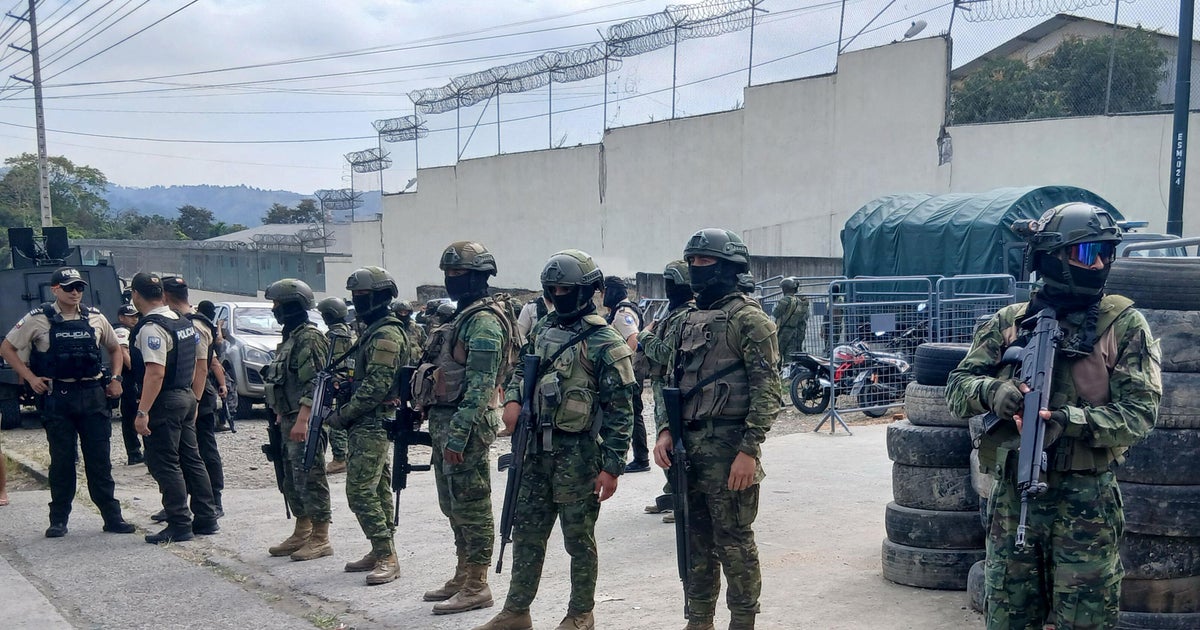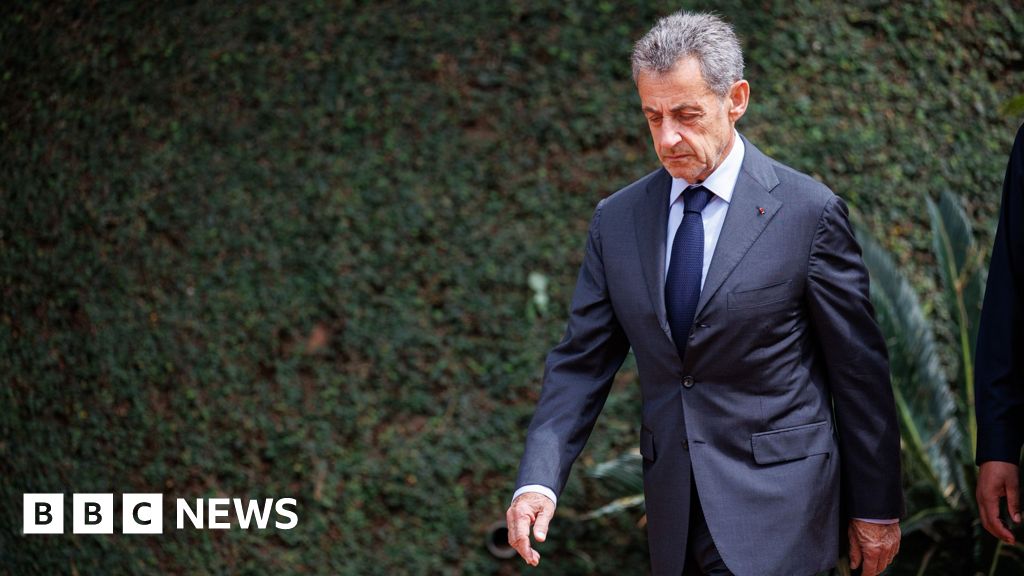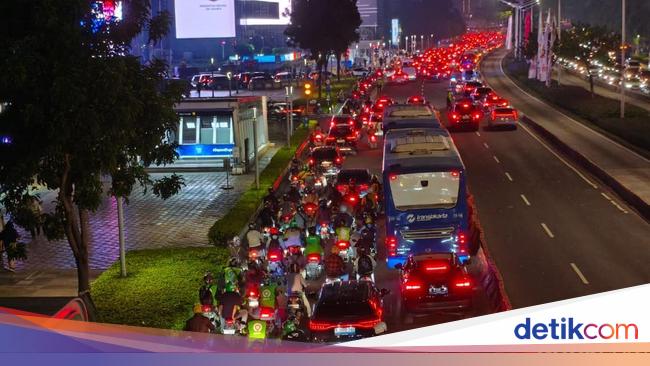Sue Mitchell and Maia Davies

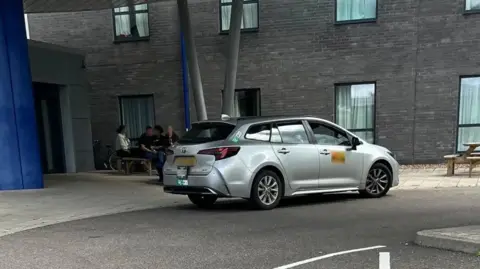 BBC
BBC
A BBC investigation found asylum seekers in hotels were taking taxi journeys costing hundreds of pounds
The use of taxis to take asylum seekers from their hotels to appointments must be stopped, the prime minister has said.
It comes after a BBC investigation into conditions inside asylum hotels found some migrants taking long journeys by cab, including one 250-mile visit to a GP costing £600.
Sir Keir Starmer said people would be "very concerned" by this practice and repeated his commitment to end the use of hotels "as quickly as possible".
The Home Office ordered an urgent review into the situation on Wednesday after the investigation earlier this week.
Asked about these taxi journeys costing hundreds of pounds, the prime minister told the BBC: "It's not right and I'll be very clear about that.
"Equally, I want to see our asylum hotels closed down, I want to see them emptied as quickly as possible."
He added ministers were "looking at whatever we can do to bring forward the date for getting people out of hotels".
Asylum seekers being housed in the hotels by the government are issued with a bus pass for one return journey per week, but taxis are called for any other necessary travel, such as a doctor's appointment.
They are booked on an automated system where public transport or walking are not given as options - which can result in some unusually long or short journeys.
The BBC previously asked the government how much it spent on taxi travel for asylum seekers, but the Home Office said it did not keep these figures.
The BBC investigation from within four unnamed asylum hotels also uncovered cramped living conditions, and smoke alarms covered with plastic bags as residents used electric hobs in their showers to cook. It also found signs of hotel residents working illegally in the black economy.
After the initial investigation the BBC went back to one of the hotels and heard staff were now going door-to-door searching for makeshift cooking equipment.
One man said his room was searched late at night: "They knocked the door. One of them welfare. The second one is security.
"They come and said, 'we are smelling your cooking... we want to search'. And I have to let them to come inside to check it."
"I know they will come back," he said.
"They searching as well, through every room and any room in the hotel."

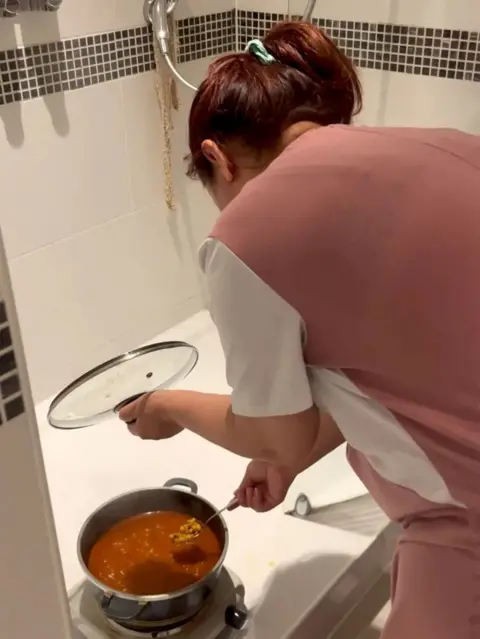
Some asylum seekers cooked meals inside their showers
A spokesman for Clearsprings Ready Homes - one of the contractors responsible for managing the hotels - declined to provide details of action taken following the investigation and referred questions to the Home Office.
Two other contractors, Mears and Serco, did not comment.
The Home Office referred to its statement on Wednesday announcing that the home secretary had ordered an urgent review into the use and cost of taxi transfers.
On the return visit by the BBC, some residents said they had been warned against speaking to journalists or sharing details of their living conditions.
The family of a migrant who had invited the BBC to travel with her to a GP appointment by taxi was also advised by staff not to do so.
The reporter was asked by security to leave, saying the site was private property and that nothing could be recorded there. They added that she should not have been given access to hotels at the invitation of migrants.
A resident speaking on condition of anonymity questioned their authority: "Why should we not say anything about those kind of issue?
"We have to be talking about those kind of things, because we are human beings."
About 32,000 asylum seekers are currently housed in hotels across the UK, down from 51,000 in 2023.
Their use became a heated political issue over the summer after a resident of The Bell Hotel in Epping, Essex, sexually assaulted a 14-year-old girl.
A series of protests and counter-demonstrations followed across the country, while Epping Forest District Council mounted a legal challenge to stop The Bell Hotel being used to house asylum seekers.
In August, asylum seekers told the BBC that protests outside hotels - which at points turned violent - left them feeling isolated and anxious.
The government has pledged to end their use by 2029, and a minister said the BBC's investigation showed they needed to "go faster" and look at "all options" for alternative housing, including military sites.

 1 hour ago
1
1 hour ago
1
